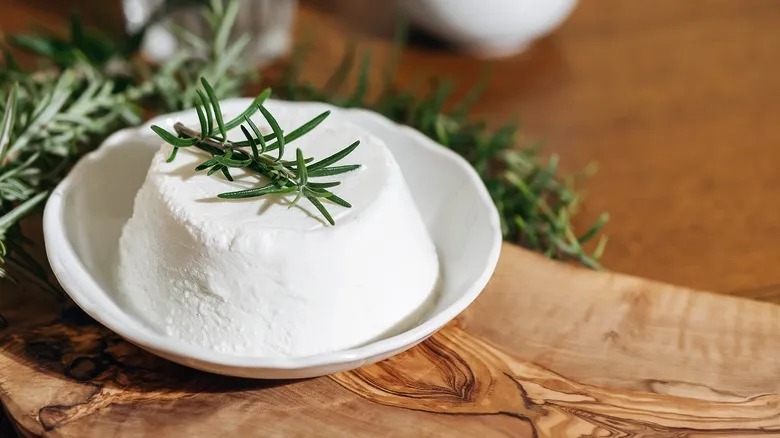How to tell if your ricotta cheese is still good
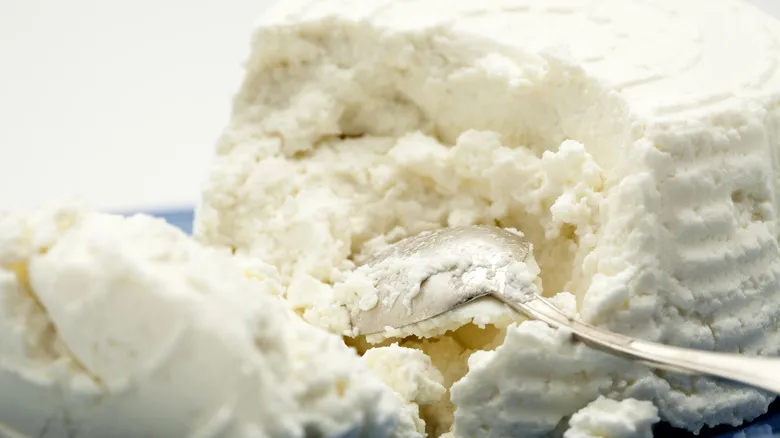
If you're uncertain about the freshness of your ricotta, use your eyes and nose to examine that creamy container of cheese. Any signs of mold indicate that it's time to discard it. Unlike hard cheeses, where mold can be cut away, mold penetrates soft cheeses like ricotta, meaning you could still risk illness even if you remove the visible mold. Mold on ricotta can appear green, blue, or soft pink. Additionally, if the ricotta has taken on a yellowish hue instead of its usual creamy white, that's another indication of spoilage.
You can also perform a smell test on the ricotta. Fresh ricotta should have little to no odor, or it may have a mild milky scent. If it begins to emit a sour or fermented smell, it's best to throw it out, even if the odor isn't particularly unpleasant, as this is another warning sign.
Don't put too much weight on the expiration date
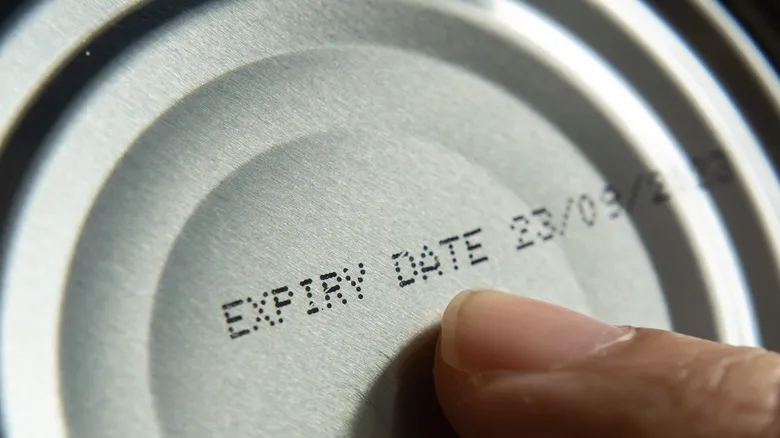
It's important to pay attention to the type of "expiration" date on your ricotta (or any perishable item, for that matter). A "sell by" date is not a true indicator of whether ricotta is safe to consume; it primarily serves as a guideline for retailers to sell the product at its peak freshness. Most foods, including dairy products like ricotta, are typically safe to eat for about a week after this date, and possibly even longer. Instead of fixating on this date, it's more effective to look for signs of spoilage.
A "use by" date carries a bit more weight, but it shouldn't be viewed as an absolute rule. Food past this date may not be as fresh, but it is often still safe to eat. This date is more commonly found on shelf-stable items (like canned goods or dried foods such as lentils or pasta), so you might not see it on ricotta packaging. Lastly, an expiration date provides a clearer indication of when your ricotta might spoil, but many experts argue that these dates are not entirely reliable. Instead, trust your senses—use your eyes and nose to assess the ricotta, as it may still be good for a few days beyond what the expiration date suggests.
How to use up leftover ricotta cheese
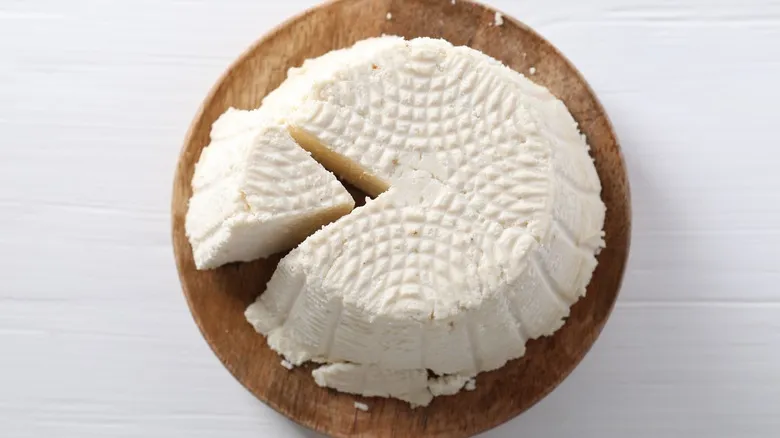
If you have some ricotta cheese that's about to expire, it's the perfect opportunity to whip up something delicious. Try this fluffy lemon ricotta pancake recipe for a delightful breakfast. Not feeling the lemon? You can enhance any boxed pancake mix by incorporating ricotta cheese for a rich, indulgent treat.
When you're craving something savory, consider preparing a light asparagus and lemon ricotta tart or a comforting classic like cheesy baked ziti.
Recommended
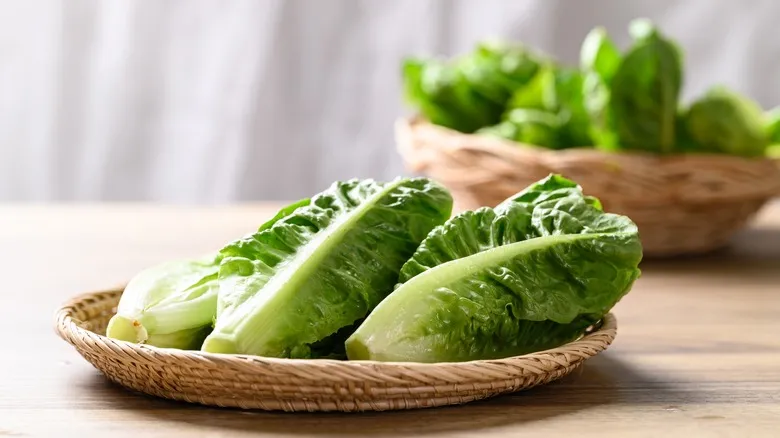
The Storage Tips You Need For Fresh Romaine Lettuce

Melissa Clark's Tip For Freezing Sauces Saves A Ton Of Freezer Space

The Right Way To Freeze Cake (And Make Frosting It Even Easier)

How Martha Stewart Saves Parmesan Cheese That Was Stored Incorrectly
Next up

